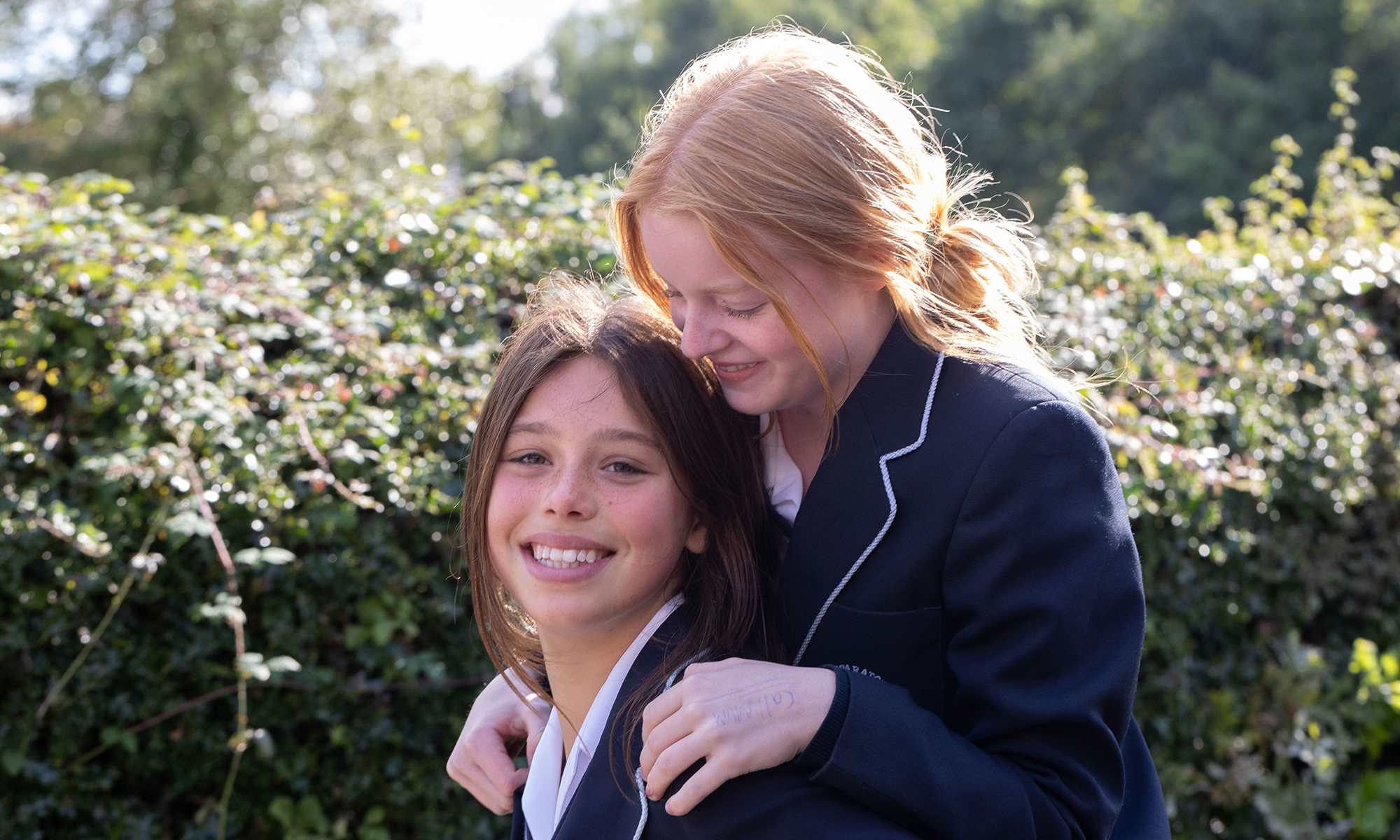Mrs Sophie Bradshaw, Head of The Dulwich School Cranbrook, ponders how school and class size may affect the mental health of students
A great deal has changed in our schools over the last 50-70 years. Blackboards and chalk have been replaced, first by whiteboards, then by interactive whiteboards. Hockey is no longer played on muddy, bumpy fields, but on smooth flat Astroturf. And teachers are expected not only to know their subject, but to understand mental health and safeguarding too. These changes have been deliberate and aimed at improving the experience for pupils. However, there is one change which appears less positive. Our state and independent senior schools have increased in size in a way that most primary and prep schools have not. Since 1950, there has been little upward movement in the size of primary schools, yet senior schools have tripled in size. We must ask ourselves, as educators or as parents if that is what’s best for our teens.
This huge increase has been driven by economies of scale, rather than seeking the optimum environment for our teenagers. What is the evidence that our teenagers are thriving in their enormous schools? Or that they are better equipped than their younger siblings to handle a larger social group than most adults would ever contend with? In the last decade, on top of navigating social situations in year groups of hundreds, our teenagers have been grappling with more complex social relations. They are learning to navigate social media and are less sure than ever of where they ‘fit’. Little wonder then, that there is a well-documented decline in the happiness of our teens. Mental Health Foundation CEO Mark Rowland said: “Our survey highlights just how vulnerable young people are to mental health problems. It shows how much pressure young people are feeling to be a success. The pressure to conform to an ideal body image is also intense. Moreover, it is shocking how many young people have self-harmed or had suicidal thoughts due to stress.”
The response from our institutions and government is to increase the amount of time we teach teenagers about stress, anxiety, and mental health. But is this enough? There is strong evidence that for some of the mental health issues students are dealing with, there is an element of social contagion – for example there has been a great increase in the number of teenage girls presenting to GPs with tics, having seen influencers explaining their own tics. I can’t help asking myself – would a better strategy be to reduce the negative external factors in the first place? Can we make these teenagers’ experiences of school less stressful, less negative, less complex? After all, if pupils were unable to reach classrooms due to buildings lacking lifts or stairs, would we adjust the building design, or insist PSHE includes lessons on how to scale a wall while also carrying all the baggage of school supplies?
The Dulwich School Cranbrook (previously Dulwich Prep Cranbrook) is expanding from September 2023, to provide a progressive yet nurturing co-educational through-school offer from age 2 to 16. The school gives parents an affordable alternative to the Kent Test and Grammar School route. Students will have the opportunity to study a wide range of GCSEs, supported by exceptional pastoral care and a real focus on the individual. The first cohort will progress into Year 9 in September 2023; they will move through the school to be the school’s first Year 11 students, taking GCSE examinations in the summer of 2026. Find out more by emailing admissions@dulwichprepcranbrook.org
You may also like
Great Expectations
Mike Piercy, education consultant and former Head of The New Beacon, gives his opinion on tutoring There’s nothing wrong with ambition; indeed it is to be praised. Encouragement of ambition is inherent in parenthood and teaching.I have something of a...
Creative Thinking
Online educators, Technology Triumphs, talk us through their approach “There is no doubt that creativity is the most important human resource of all,” – Edward De Bono, the originator of the term lateral thinking.Despite this, creative pursuits have been seemingly...
5 Top Tips to get exam ready
Help your child navigate exam season with help from the experts It is no secret that, for some students, the exam season represents a stressful time. Antony Nesling and Beverley Bloem, Diploma Coordinator and High School Counsellor at ACS International...










